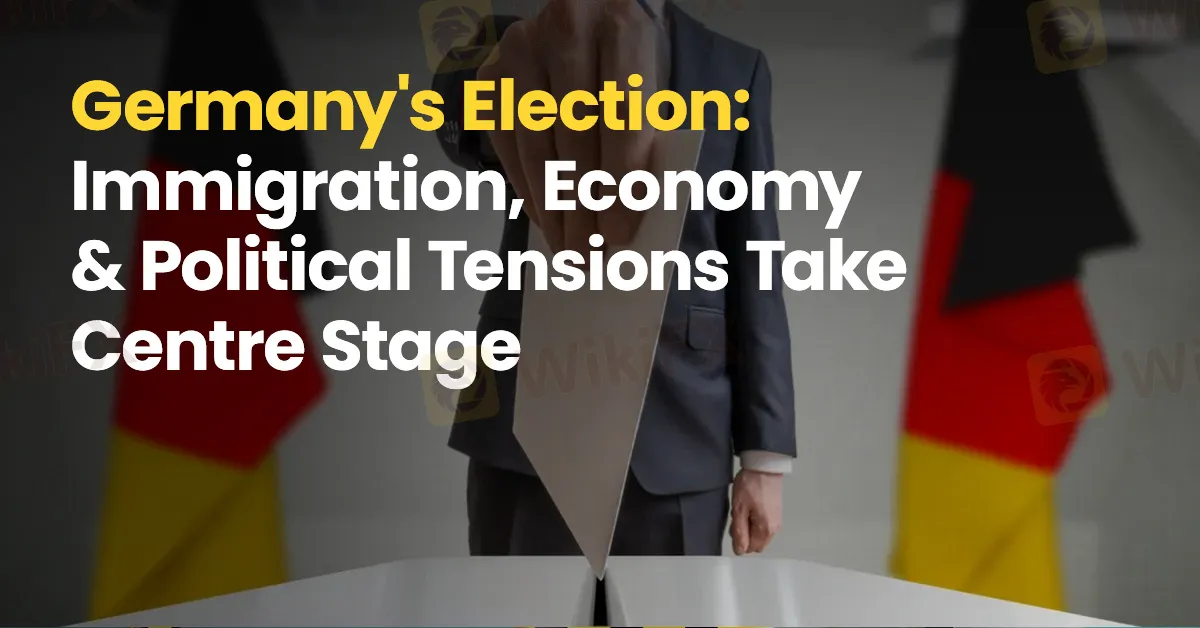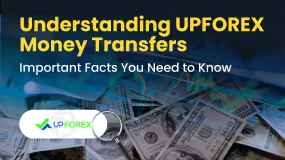Abstract:Germany is set to hold a crucial general election on 23 February 2025, with voter frustration over migration emerging as a dominant issue.

Germany is set to hold a crucial general election on 23 February 2025, with voter frustration over migration emerging as a dominant issue. The centre-right Christian Democrats (CDU) currently lead the polls with approximately 29% support, positioning party leader Friedrich Merz as the frontrunner to succeed Chancellor Olaf Scholz. Meanwhile, the far-right Alternative for Germany (AfD), a party under scrutiny by domestic intelligence services for suspected extremist ties, has gained significant traction, securing 21% of voter support.
AfD's rise has been largely driven by its firm stance on migration policies. The party argues that the German government has failed to differentiate between asylum seekers and economic migrants, leading to what it describes as a decade-long influx of illegal migration. Political analysts note that AfD's increasing support correlates with its radicalisation, resonating with sections of the electorate that favour stricter immigration controls. Additionally, the party has taken a strong stance against Germanys environmental transformation policies and maintains a pro-Russian position, opposing military aid to Ukraine.
The partys policies have drawn international attention, including an endorsement from billionaire entrepreneur Elon Musk, who claimed that AfD was the only party capable of “saving Germany.” Musk further criticised attempts to label the party as extremist, pointing to the background of AfD co-leader Alice Weidel, who has a same-sex partner from Sri Lanka. His comments, published in a German newspaper, sparked further debate, and he later hosted a live discussion with Weidel on his social media platform.

Recent terrorist attacks in Germany have intensified national debates on migration, shifting electoral discussions away from previous campaign priorities such as climate change. Experts note that the heightened focus on immigration marks a stark contrast to the 2021 election, where environmental policies took centre stage.
Despite its growing support, AfD continues to face significant opposition from many Germans. Widespread protests have taken place in cities such as Berlin, where demonstrators rallied against the partys far-right ideology.

While migration remains a focal point of the campaign, the cost-of-living crisis remains a major concern for voters. Germany, Europe‘s largest economy, continues to grapple with inflation, worsened by its previous dependence on inexpensive Russian energy. The country’s automotive sector faces mounting pressure from Chinese competitors, while potential U.S. import tariffs and demands for increased defence spending add to economic uncertainty.
These pressures contributed to the collapse of the three-party coalition government in November. Chancellor Scholz has proposed increasing borrowing to address a €24 billion budget shortfall and fund military aid for Ukraine. However, Merz and the CDU argue against further debt accumulation, advocating instead for policies aimed at stimulating economic growth.

Although the CDU is expected to win the election, polls suggest it will fall short of an outright majority. Merz has ruled out forming a coalition with AfD, despite previously relying on the partys support for parliamentary motions on immigration policy. The so-called “firewall” policy, a post-World War II strategy aimed at excluding far-right parties from governance, remains a central feature of German politics.
Internationally, this approach has drawn criticism, notably from U.S. Vice President JD Vance, who, in a speech at the Munich Security Conference, warned against excluding political groups from democratic processes. His remarks, followed by a meeting with Weidel, were met with bipartisan rejection from mainstream German politicians. Chancellor Scholz condemned what he described as “American interference” in Germanys democratic processes, while Merz voiced concerns over U.S. encroachments on European politics.













